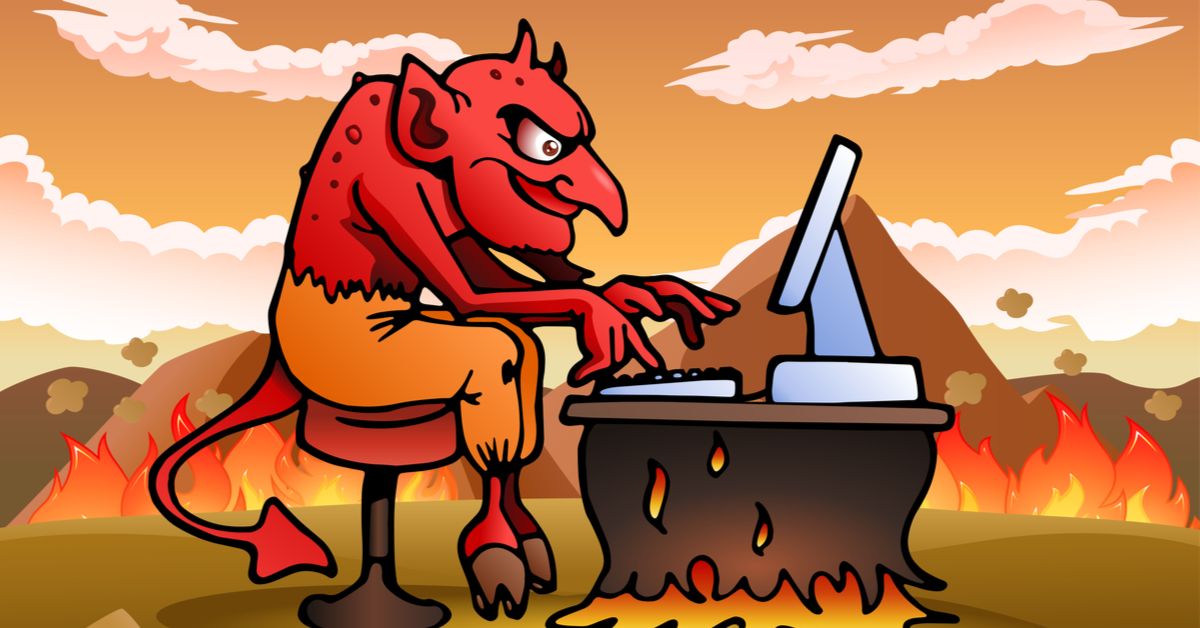The ever-increasing popularity of text messaging, e-mail, and social media ushered in some sweeping changes to patterns in human communication. Among them was an upswing in use of abbreviations for common phrases, such as "TY" for "thank you," "BTW" for "by the way, and "LOL" for "laughing out loud." (The latter term eventually evolved to serve as something of a linguistic filler, similar to terms like "um" or "like" and often used to denote receipt of communication.)
Among Internet slang abbreviations, LOL is one of the most (if not the most) commonly used and oldest exemplars, officially added to the Oxford English Dictionary in 2011. Prior to that, rumors circulated involving less technologically savvy individuals (generally a mother or grandmother) taking the letters to mean "lots of love" and appending them to a text or e-mail notification of a death in the family. ("Your grandmother died. LOL.")
In November 2012, a Facebook page claimed that the abbreviation LOL had a hidden occult meaning linked with Satanism. According to rumor, the term was deliberately introduced to the vernacular for one of three commonly-cited reasons: to dupe the unwitting into pledging their allegiance to Satan, as a cipher used by Satanists to identify one another, or to end satanic prayers:

As is the often the case with backronyms, the rumor became more entrenched when it was uncoupled from its source (particularly among those less reliant on digital communications, the claim seemed plausible as the term was a novel one). Moreover, the surge in popularity of the term LOL in day-to-day conversations belied its age and perceived etymology.
In actuality, LOL isn't all that new to the vernacular. Researchers at Oxford discovered its use (in lieu of "laughing out loud") dating to the 1980s:
When the OED traced the origins of the acronym, they discovered 1980s computer fanatics were responsible.
The oldest written records of "LOL" (used to mean laughing out loud) are in the archives of Usenet, an early internet discussion forum.
And the original use was typed by Wayne Pearson, in Calgary, who says he wrote the first ever LOL in reply to a gag by someone called "Sprout".
By contrast, the claim LOL abbreviated "Lucifer our lord" appeared out of the ether in November 2012. No mention of such a connotation predated the rumor's first appearance, and documentation of the term's generally accepted meaning of "laughing out loud" is extensive both on the Internet and among linguists who have studied the usage of Internet slang. Had the "Lucifer" variation legitimate been an (even partial or marginal) root, it would have shown up in the extensive research done on the etymology of LOL prior to 2011.

